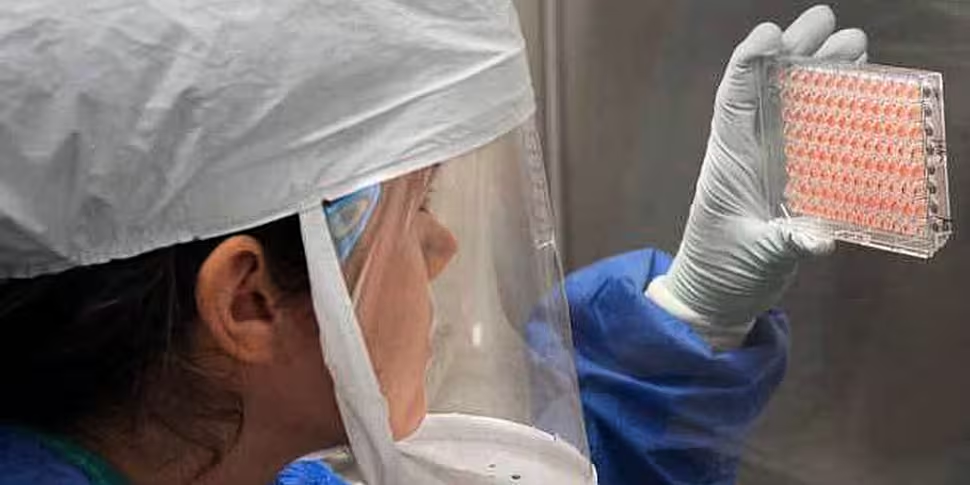Doctors may soon be able to spare some cancer patients the harsh effects of chemotherapy, according to new research funded by the Irish Cancer Society (ICS).
Researchers from the ICS cancer research centre 'Breast-Predict' have developed a tool which may predict how effective chemotherapy is likely to be in treating triple-negative breast cancer patients.
More than 250 people are diagnosed with triple-negative breast cancer each year in Ireland.
This form of breast cancer is often aggressive, difficult to treat and tends to be more common in younger women.
For chemotherapy to work, it has to kill cancer cells in the body.
Researchers at Royal College Surgeons in Ireland (RCSI) in Dublin have identified a mathematical formula on cells with triple negative breast cancer to predict how effective chemotherapy would be in killing them.
By using their formula in the lab, the research team now predicts that triple negative breast cancer cells may respond to a new drug - already being used to treat some leukaemia patients.
Their study showed that BCL2 inhibitors can enhance the response of cancer cells to chemotherapy.
Dr Robert O'Connor, head of cancer research at the Irish Cancer Society, said: "This paper highlights vital work being undertaken to identify new ways to improve the treatment of cancer.
"This research is in quite early stages and it will be many more years until any potential benefits reach cancer patients.
"But it does show the building blocks required to lay the foundations for life-saving cancer research.
"The more we understand this disease, the better chance we have of stopping it in its tracks".
He added: "The Irish Cancer Society can only invest in vital research because of the public's generous support.
"We currently fund more than 100 researchers across Ireland and have spent €25m on life-saving cancer research since 2010.
"To continue doing this, we need everyone to get involved in Daffodil Day on Friday, March 23rd. Your support saves lives."
This early stage research was led by Irish Cancer Society-funded PhD student Federico Lucantoni, under the supervision of Jochen Prehn, Professor of Physiology and director of the RCSI’s Centre for Systems Medicine.









